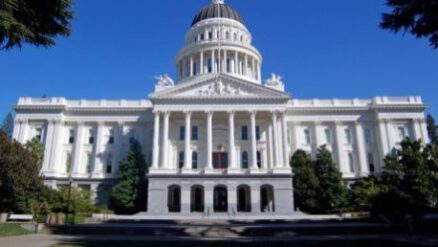The cannabis bills currently being considered by the California State Legislature include themes from previous years as well as some new ideas.
Lawmakers in 2021 proposed about 30 new cannabis laws addressing a range of topics including state licensing authority consolidation, cannabis billboard advertising, cannabis testing, pets, delivery, unlicensed activity, employment discrimination, provisional licenses, CEQA, hemp, terminally ill patients, local licensing, possession of psychedelics (psilocybin, DMT, LSD, MDMA), and administrative fines.
See the full list and read more abut the current California cannabis bills in the complete 2021 California Cannabis Law Legislative Update.
September 10, is the last day for any bill to be passed in 2021. October 10, 2021, is the last day for the Governor to sign or veto bills.
The Legislature is somewhat restricted in changing California cannabis laws. The Control Regulate and Tax Adult Use of Marijuana Act of 2016 (AUMA), an initiative measure approved as Proposition 64 at the November 8, 2016, statewide California general election, authorizes the California Legislature to amend its provisions by a bill passed with a 2/3 vote of each house of the Legislature, if the amendment furthers its purposes and intent. AUMA also authorizes the Legislature to amend other provisions by a bill passed by a majority vote if the bill implements specified substantive provisions and the amendments are consistent with and further the purposes and intent of the act.
Contact us by phone or email to learn more about California cannabis law including state, county or city cannabis licensing and cannabis regulations, cannabis regulatory compliance, and cannabis litigation.

